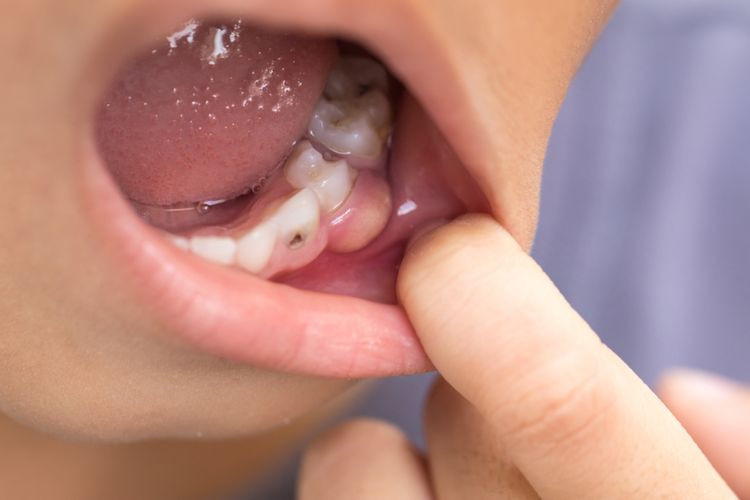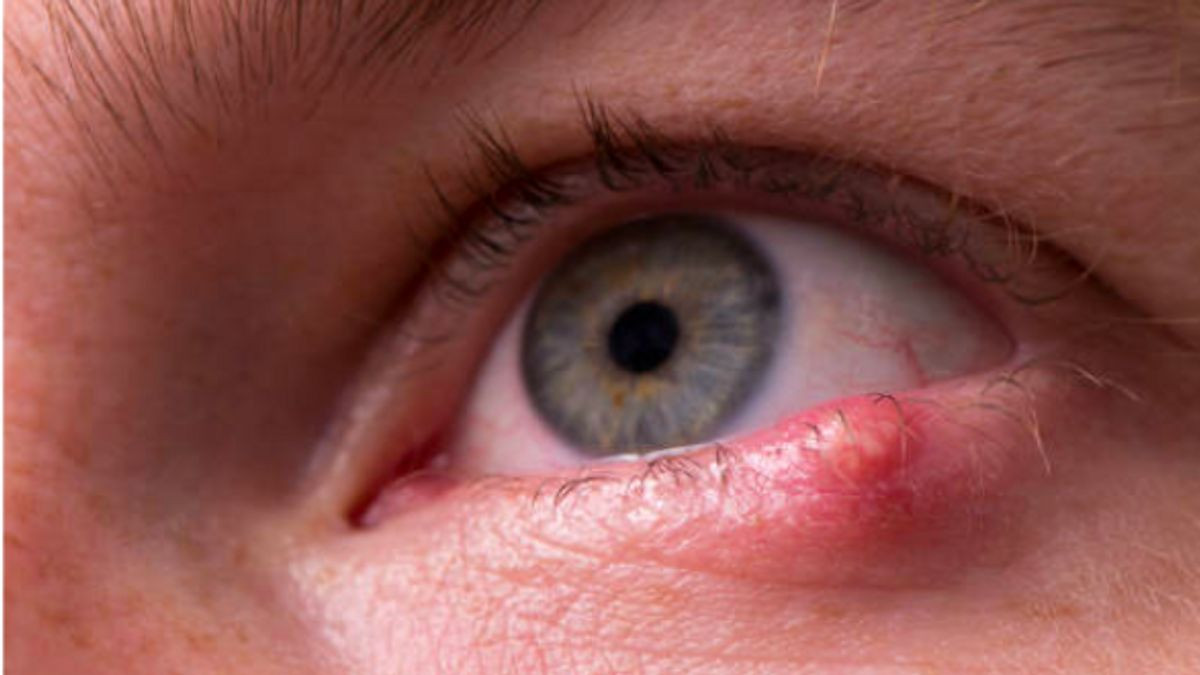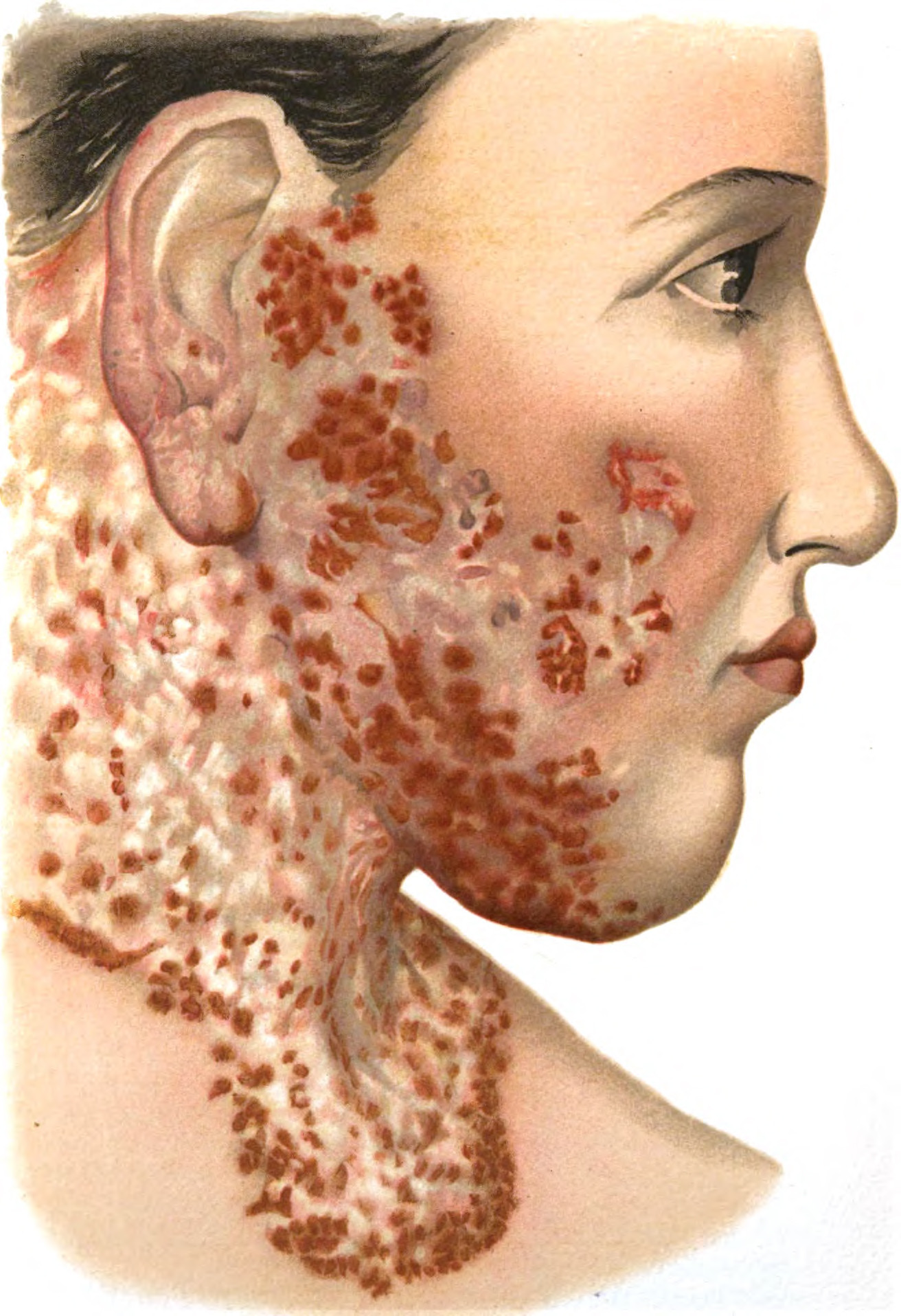Definition
A dental abscess is a sac or lump filled with pus that forms inside the tooth or gums due to bacterial infection. This condition typically results from severe tooth decay, untreated cavities, or injury to the tooth. Periapical abscesses develop under the tooth, while periodontal abscesses involve the surrounding bone and gums. Initially, there may be no symptoms, but dental abscesses can lead to serious health problems if left untreated.
Immediate treatment is required to prevent the progression of the infection. Bacterial infections frequently lead to dental abscesses, typically affecting people with poor oral hygiene. As pus accumulates in the lump, the pain worsens over time.
There are two types of dental abscesses: periapical abscesses and periodontal abscesses. A periapical abscess occurs at the tip of the tooth root, while a periodontal abscess occurs in the gums surrounding the tooth.
Causes
An oral abscess results from bacterial proliferation within the oral cavity. Staphylococcus aureus and Streptococcus mutans contribute to the formation of abscesses. Staphylococcus aureus possesses an active enzyme called coagulase that stores fibrin throughout this process. Streptococcus mutans, on the other hand, have three main enzymes that help dental infections spread: streptokinase, streptodornase, and hyaluronidase. Bacteria can infiltrate the teeth via cavities or fissures, resulting in swelling and inflammation of the dental apex.
Risk factor
The following are factors that can precipitate bacterial infections leading to tooth abscesses:
- Poor oral hygiene
Inadequate oral hygiene can result in the accumulation of plaque, which can subsequently result in dental caries. If not treated immediately, it can develop into a tooth abscess.
- Excessive amount of sugar
Tooth decay and abscesses can be caused by a diet high in sugary foods and beverages.
- Immunodeficiency
Individuals with compromised immune systems are more vulnerable to developing dental abscesses.
- Dry mouth (xerostomia)
A dry mouth promotes bacterial proliferation, increasing dental decay and abscess risk.
Symptoms
Manifestations of a dental abscess include sudden and worsening discomfort in the teeth or gums. Additional symptoms that may manifest in individuals with dental abscesses include:
- Thermal sensitivity of teeth to hot and cold temperatures
- Halitosis
- Reddish and swollen gums
- Pain during biting and chewing
- Enlarged lymph nodes in the neck and jaw
- Toothache that moves to the jaw, ear, and neck
- Facial edema and erythema
- Teeth change color
- Fever
- Difficulty in breathing
If you want to know more about sensitive teeth, you can read about them here: Sensitive Teeth - Definition, Causes, Symptoms And Treatment
Diagnosis
The dentist will ask about the patient's complaints, symptoms, and medical history to confirm the diagnosis of a tooth abscess. The dentist will also physically examine the teeth and oral cavity.
Following this, the physician will perform support examinations, which may include the following:
- Taping test
Generally, teeth with abscesses at the roots are more sensitive to pressure or touch. If tapping the tooth causes you to experience discomfort, then you could have a dental abscess.
- Dental X-ray
A dental X-ray may show the widespread infection and whether it has spread to other parts of the tooth and formed abscesses.
- Computed Tomography Scan
A CT scan is performed to identify the potential dissemination of the infection to other parts of the body, including the cervical area. A CT scan can also assess the severity of the infection.
Management
The dentist can undertake the following procedures to eradicate the infections:
- Pus incision and drainage
The dentist will create a small incision to drain the pus from the abscess. After removing the pus, the dentist will use salt water to clean the affected area and reduce swelling.
- Tooth extraction
It will be necessary for a dentist to extract the tooth in case the abscessed tooth cannot be preserved. At that point, the pus is extracted to eradicate the infection. It is recommended that patients apply home therapies to relieve discomfort during the rehabilitation process. These treatments include gargling with salt water and consuming adequate analgesics.
- Root Canal Treatment
The infection can be removed with the help of this treatment, which can also save the tooth. The dentist must drill into the tooth to remove the pulp, which is the center of the infection, and extract the pus. The tooth's pulp chamber and root canal are then filled with the appropriate material and sealed by the dentist. Crowns can be placed over them to strengthen the teeth. This is especially useful in cases where the molars are infected.
Even if the healing process is still in progress, the dentist will suggest several therapies that can be administered at home to minimize discomfort following medical operations. In most cases, the dentist may advise patients to gargle often with salt water to eliminate bacteria and take painkillers.
- Antibiotic medication
To prevent the infection from spreading further, the dentist will prescribe antibiotics if it has spread to the tooth around the abscess, the jaw, or other surrounding area.
Complications
A dental abscess cannot be self-treated or left untreated. If not promptly treated, it is possible for an abscess to rupture and for the infection to spread to the jaw or other areas of the head and neck. This infection has the potential to progress to sepsis, a potentially fatal infection that can disseminate throughout the body.
Patients with compromised immune systems are more susceptible to the transmission of dental abscesses if left untreated.
Read more: Sepsis Shock - Definition, Causes, Symptoms And Treatment
Prevention
The most effective way to avoid dental abscesses is to prevent tooth decay, which includes:
- Avoid mouthwash after brushing
- Eat healthier, less sugary, and less starchy foods and drinks between meals and before bed
- Use fluoride toothpaste twice a day
- Clean your teeth daily using dental floss
- Replace your toothbrush every 3–4 months
When to see a doctor?
It is essential to see your dentist immediately to prevent the progression of the dental abscess. Patients with dental abscesses may develop severe complications, specifically infections that progress to the head, neck, and mandible.
A severe dental abscess may cause the inability to open your mouth entirely. So, if any of the above signs are happening, you should check yourself immediately to keep the problem from worsening.
Regular oral and dental examinations should be performed to maintain oral hygiene and identify potential diseases. It is also advisable to have dental checkups every six months.
Looking for more information about other diseases? Click here!
- dr. Monica Salim
Mayo Clinic. Tooth Abscess. Retrieved January 8, 2023, from
https://www.mayoclinic.org/diseases-conditions/tooth-abscess/symptoms-causes/syc-20350901
American Association of Endodonitis. Abscessed Teeth. Retrieved January 8, 2023, from
https://www.aae.org/patients/dental-symptoms/abscessed-teeth
Gould JM. Dental Abscess. Medscape (2019) Retrieved January 8, 2023, fromhttps://emedicine.medscape.com/article/909373











